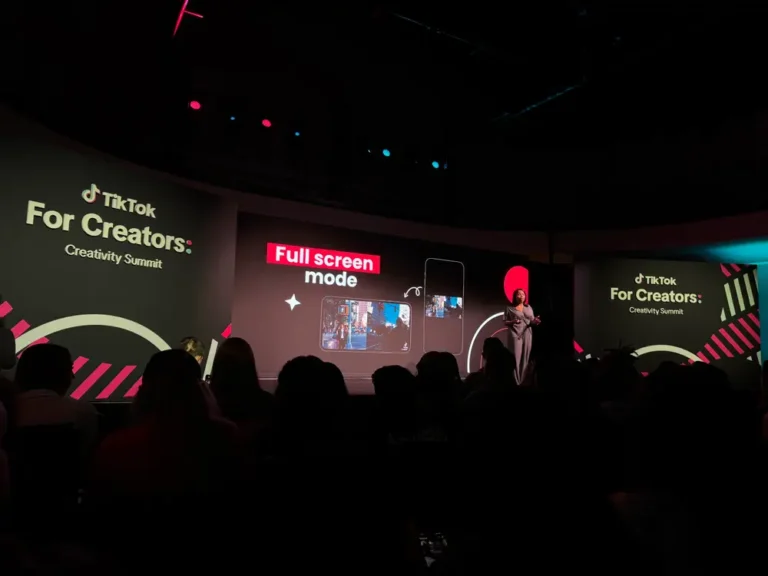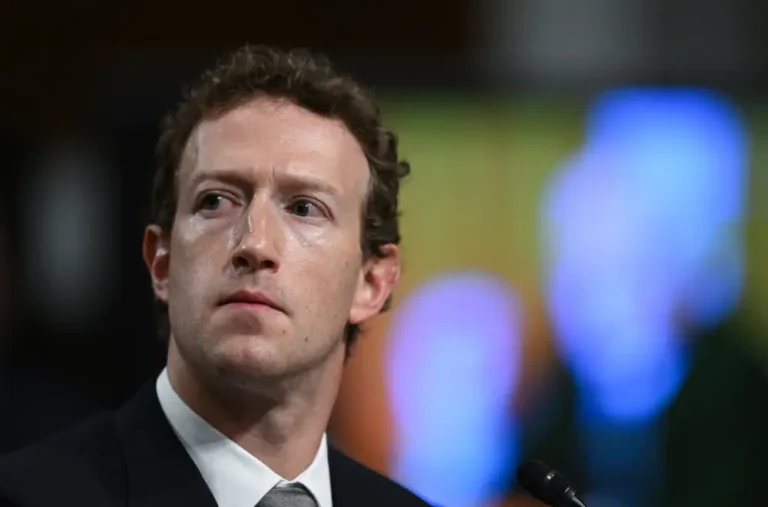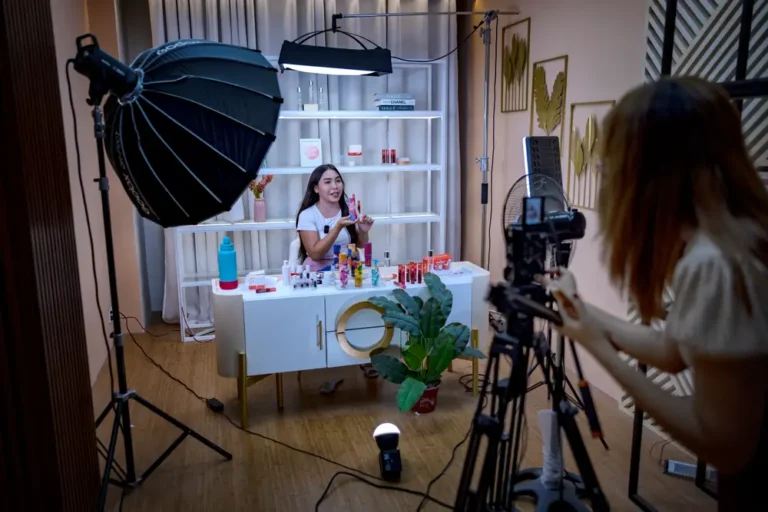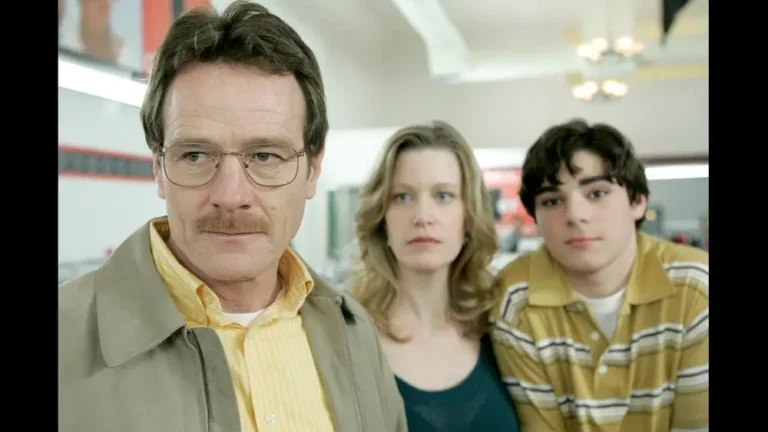2 friends quit their healthcare jobs to run a dating-app startup together. Here’s how they scaled to 60,000 users.
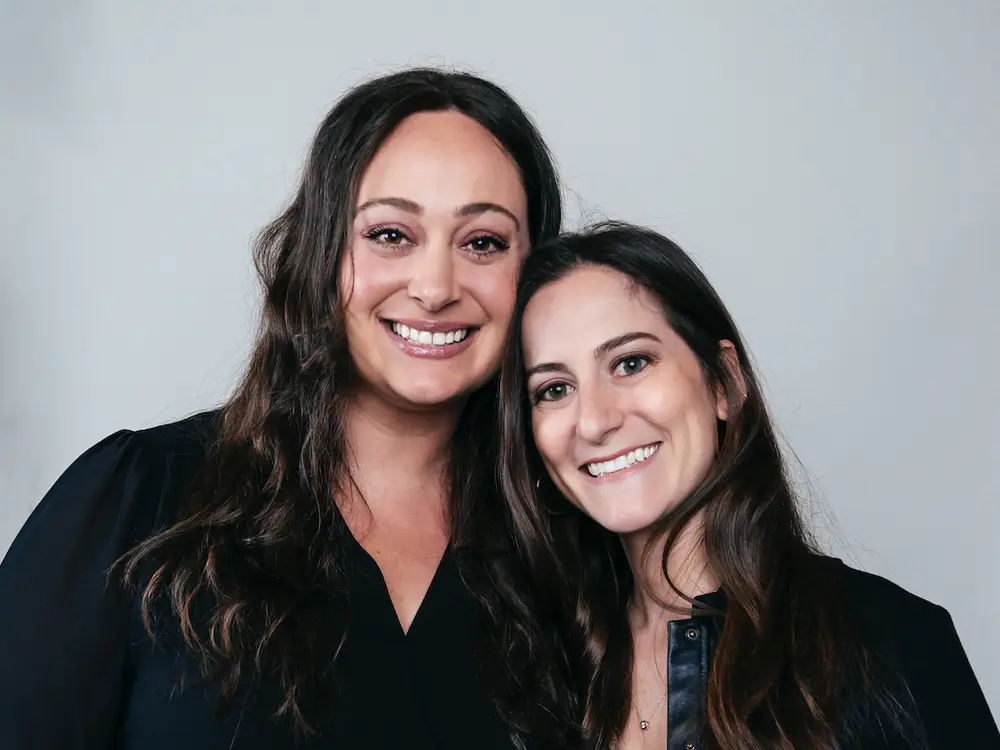
Danielle Dietzek and Julie Griggs founded Fourplay in 2020.
Julie: I was completing a clinical rotation and dating. In my bio on the apps, I would tell guys only to match if they had a single friend they could bring on a double date. Over 30 guys in the first week were telling us this was so much fun and a better way to date. They joked we should start an app.
Danielle: We had never touched business before with a 10-foot pole, much less coding.
Julie: I literally Googled “How to start a business.” And from there, we Googled how to get an app started. We learned the term “MVP” [minimum viable product] we kept being like, “What does that even mean?” We started reading and learned about the concept of a dev shop, where you can outsource the work to a company who will build it for you. It took about nine months and we spent around $25,000 to have our MVP built.
Julie: We started getting the first few 1,000 sign-ups, but the timing was awful. We launched in 2019 and COVID-19 shortly followed.
Danielle: It was really bad timing for us, but it actually gave us the time that we needed to really flesh out what is the business, and what are the values of the business, because we hadn’t done any of that before. We relaunched the app in January 2021.
We had to split up the co-CEO role and create strict rules for texting each other
Julie: I don’t think every pair of friends can start a business together. It’s a massive challenge. I don’t think that they should and I understand why it ruins friendships. Danielle and I are bizarre.
Danielle: We developed this plan. It’s very silly, but it has been going strong for four years. We only communicate about Fourplay through WhatsApp, and we only communicate about our personal friendship over iMessage. I would never dare text Julie something about Fourplay on iMessage.
Julie: Overall, starting a company is a really hard dynamic to navigate when you are friends. We butted heads a lot in the beginning when we decided to call each other co-CEOs. It got very tense because we wanted to feel equal parts in control. But it actually was harder to communicate with each other and harder to make decisions. Once we established roles for ourselves in the business, it actually helped everything.
Julie: Danielle owns the marketing and growth arm of the business. She rocks that. I’m better at the operational side, running the day-to-day and fundraising.
We got burned by our first MVP, but Fourplay users actually helped us save the company
Julie: After the relaunch, things were great for about a year until we started getting emails from users. Out of nowhere, the app got very glitchy. A developer from the company we outsourced with told us privately, “We did not fully understand your concept. We didn’t know you’d have 1,000 users, let alone 11,000. And if you keep going, your app is going to totally break.”
Julie: I was really angry. We tried to fight them to correct things not on our dime, but they just put the contract back in our face. It was honestly a good lesson for me and Danielle. We learned that we needed to hire someone in-house.
Julie: Funnily enough, we got help from two guys we matched with on Fourplay. They were both founders and CTOs and always said they’d love to help in any way. We asked one of them to do the last round technical interview for us, since we didn’t have that background. After it was over, he called me and said, “This guy can do the job, you should hire him.” And we did.
Leaving healthcare for the startup world was a tough transition at first
Danielle: I had a difficult experience transitioning because I didn’t really identify as an entrepreneur. The caricature in my head of an entrepreneur was like Mark Cuban, some guy in a suit sitting at a board table. Once I figured out that there could be a way for me to bring compassion and empathy into the dating space, then it was smooth sailing.
Julie: I agree with Danielle. It was hard for me at first because I see myself as a nurturing person. I’ve had to figure out how to do that within a startup. Now, I find a lot of joy in creating an environment that people actually want to come to work.
Julie: I also put a lot of time and money into my physician assistant career. It was a big sacrifice for me, and so I had this moment of anxiety. I sacrificed so much of my 20s to become a PA and now I’m going to sacrifice so much of my 20s and 30s to do Fourplay? But it really was the user feedback that affirmed for us that we’re doing the right thing.
We’ve had a lot to learn about tech, but getting on TV helped us feel like we were on the right track
Danielle: One of the earliest lessons we learned was no one’s trying to steal your idea. We were so scared to have a conversation with anybody. Early on, we even had some people sign an NDA. We learned, though, that founders generally want to help those starting out because they’ve been there before.
Julie: We’ve also been very humbled by how complex tech is. When you’re a casual user, you just get accustomed to how easy things are. We did not realize how much time things actually take, and functions that seem trivial and small to us, actually, from a tech perspective, can be very complex.
Julie: Our first big win was when one of our first user-generated content videos on TikTok hit 1 million views and we saw it convert to downloads almost instantly. She wasn’t even an influencer; it was this group of roommates we had found to make videos. It just hit the algorithm perfectly. Overnight it was almost 1,000 new downloads.
Julie: A moment that was really, really cool for us was getting on Live With Kelly and Ryan. I was still working as a PA and got a text from friends saying to turn on the show. They were talking about Fourplay and acted out a date. I had to write on LinkedIn asking if anyone had the link and ended up watching it later on YouTube after work.

